Immunology
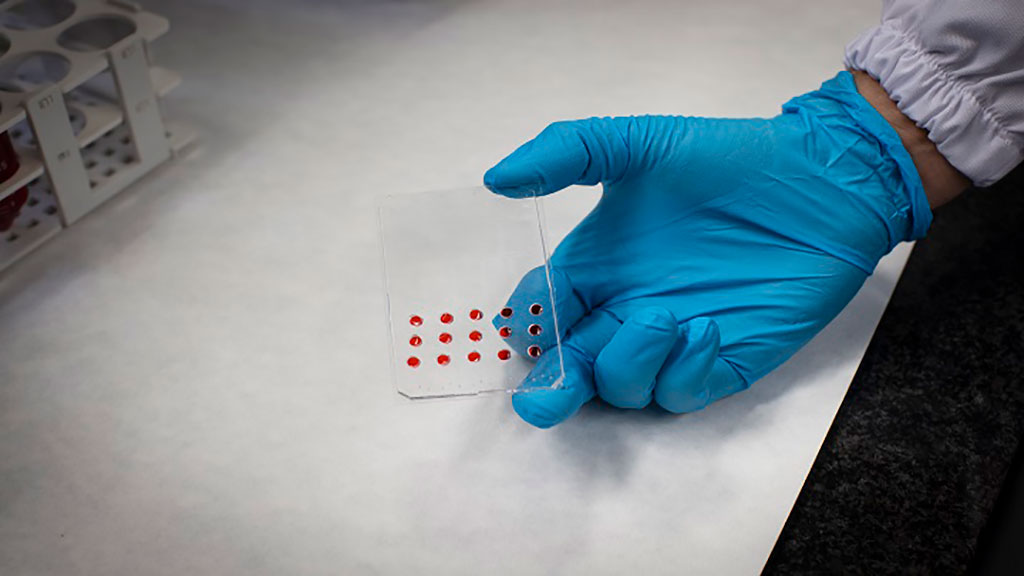
Fast, Fully Automated Microfluidic Device Predicts Effectiveness of Cancer Treatment 
A microfluidic device can quickly and automatically predict the effectiveness of cancer treatment by using a tiny amount of cells from biopsies and without the need for specialized technical staff. More...
03 Apr 2023
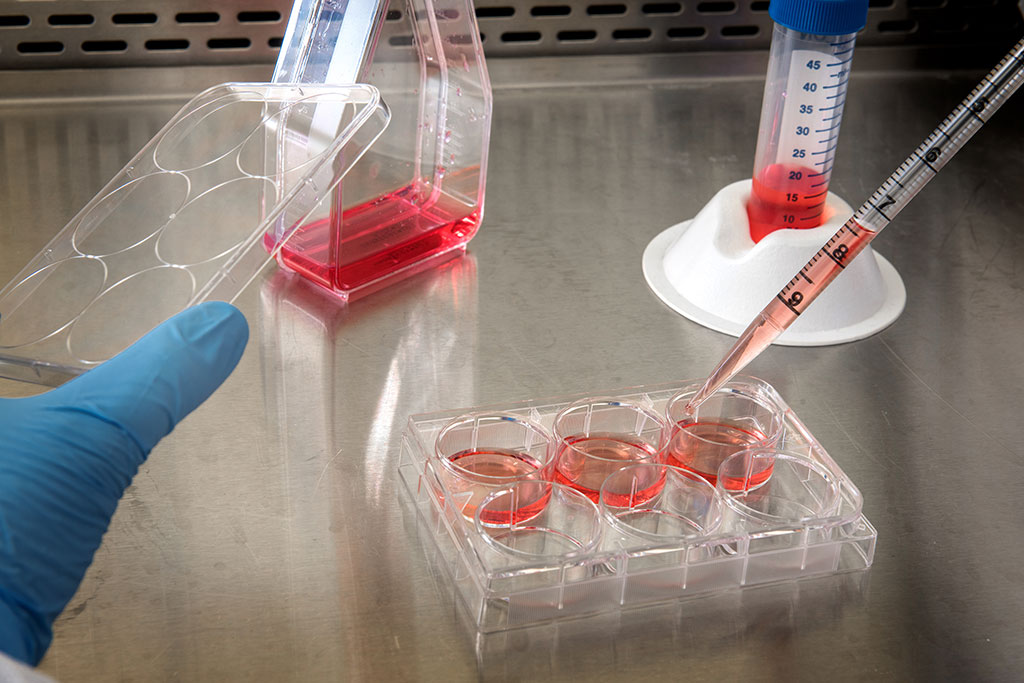
Genetic Test Predicts Whether Bowel Cancer Patients Can Benefit From Chemotherapy
Researchers have discovered that a genetic test, an established part of standard care in the UK and globally to predict patients' responses to other targeted cancer drugs, can also predict whether chemotherapy will work for bowel cancer patients. This discovery could aid in sparing patients from unnecessary toxicity and debilitating side effects by avoiding treatments that will not benefit them. More...06 Mar 2023

Ground-Breaking Test Assesses Expansion and Persistence of CAR-T Therapy in Cancer Patients
Research has shown that the persistence and expansion of CAR-T therapy are important indicators of how long the therapy can remain effective in the patient. Now, a ground-breaking test provides clinicians with an accurate and comprehensive assessment of the CAR-T cell population in the patient's body and offers insights to therapy effectiveness. More...21 Feb 2023
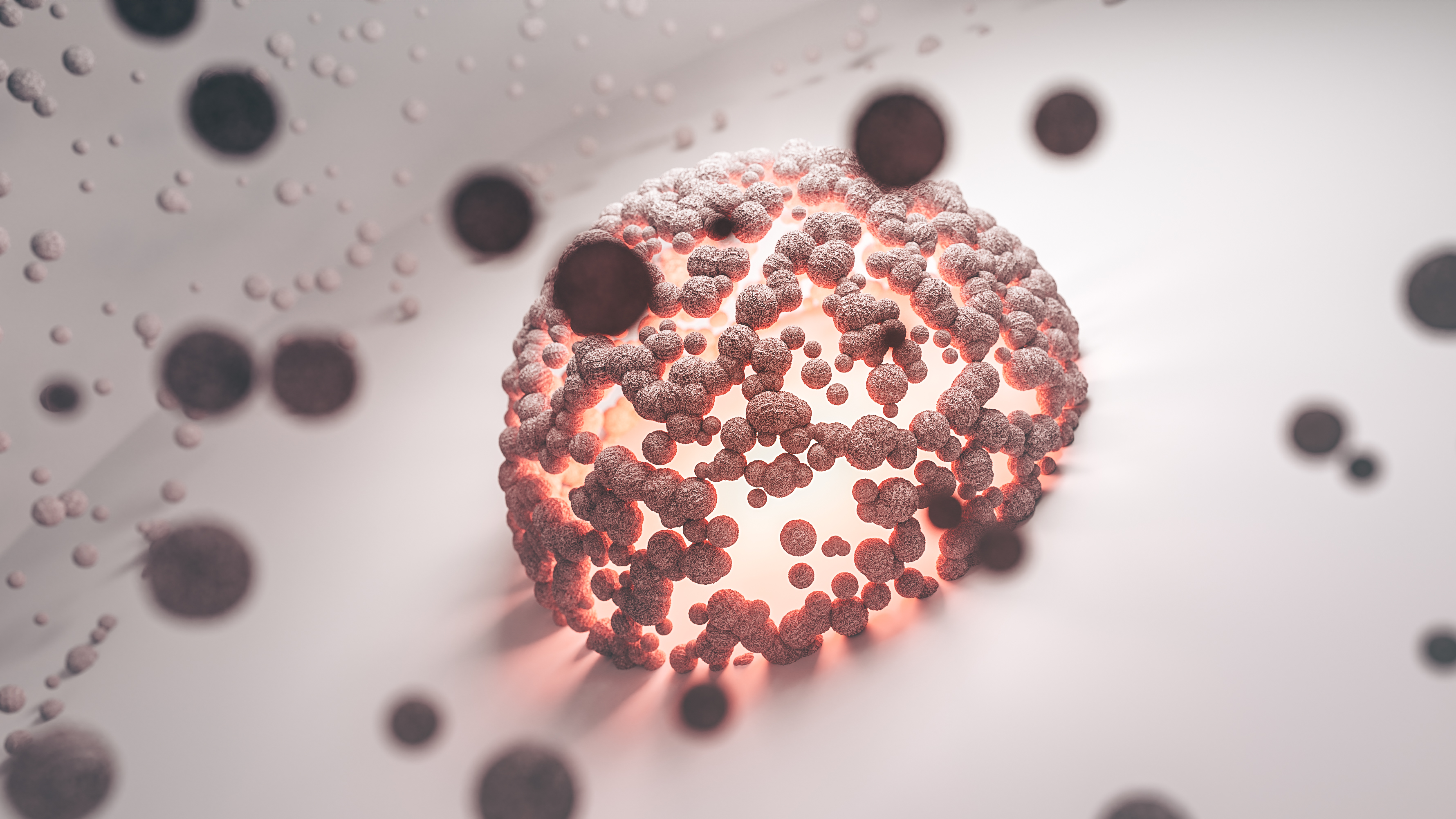
Study of Emerging Pathogens to Better Understand Influenza-Antibody Interactions Could Improve Diagnostics
For long, scientists have wondered why aquatic birds, particularly ducks, which are carriers of influenza viruses rarely become severely ill themselves. They are yet to find the answer to how their immune systems can be a reservoir for such a highly infectious and pathogenic virus, but still remain mostly unharmed. Now, a team of investigators will attempt to answer these questions as part of an ambitious, three-year project. More...30 Jan 2023
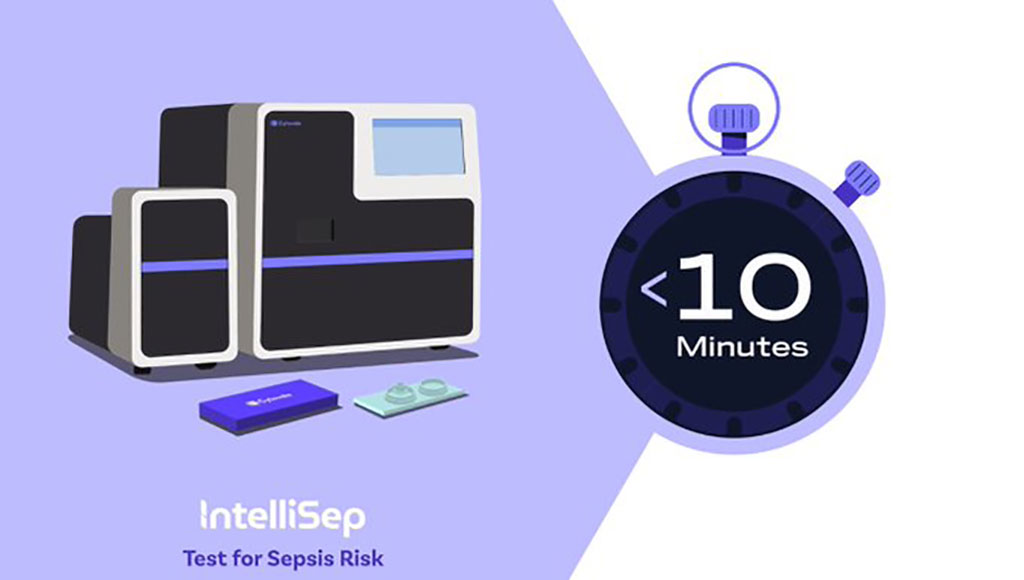
FDA Cleared Sepsis Test Becomes First in New Class of ED-Focused Diagnostic Tools
Cytovale’s (San Francisco, CA, USA) IntelliSep sepsis test is the first FDA-cleared diagnostic tool to assess cellular host response to aid in identifying ED patients with sepsis and contribute to rapid life-saving decisions. The groundbreaking diagnostic tool provides test results in less than 10 minutes, helping clinicians to recognize sepsis and supporting critical time-sensitive clinical decisions. More...23 Jan 2023
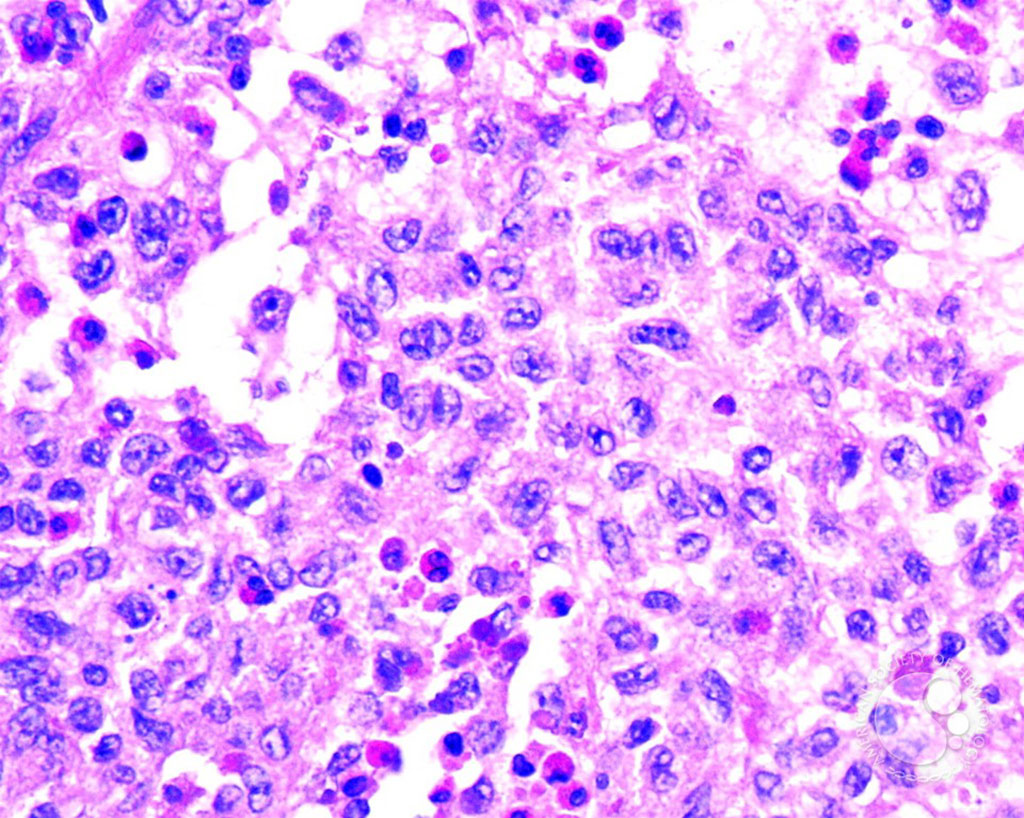
Cooperativity Between Myeloid Lineages Promotes Langerhans Cell Histiocytosis Pathology
Langerhans cell histiocytosis (LCH) is an inflammatory myeloid neoplasia seen in children and adults who present with lesions composed of pathologic variants of myeloid cells that share certain phenotypic features with Langerhans cells normally found in the epidermis. More...04 Jan 2023
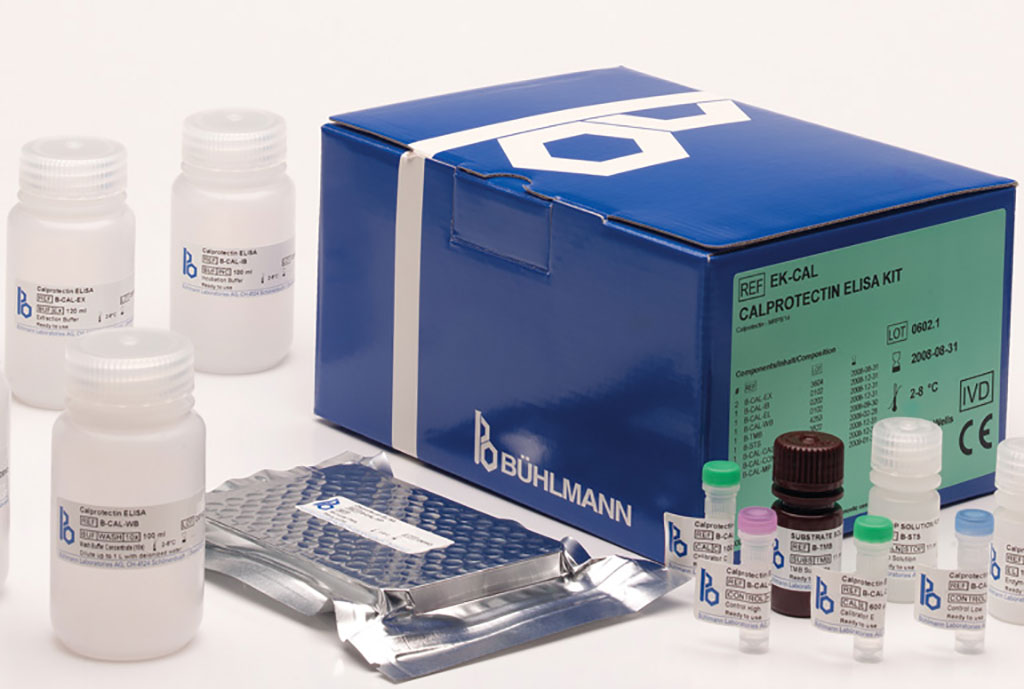
Impact of Preanalytical Factors on Calprotectin Concentration in Stool
In inflammatory bowel disease (IBD), fecal calprotectin measurement is increasingly important in selecting patients for diagnostic endoscopy, monitoring of disease activity, and evaluation of treatment response. More...29 Dec 2022
In Other News
Antiphospholipid Antibodies in Patients With Unexplained Articular Manifestations
CSF Immunoassays Aid Diagnosis of Early Alzheimer’s Disease
Autoimmunity-Associated T Cell Receptors Recognize HLA-Variant-Bound Peptides
Blood Test for Myocarditis Detects Heart Inflammation
Antiphospholipid Antibodies Evaluated in Autoimmune Thyroid Diseases
Interleukins and Vitamin D Evaluated in Women With Graves' Disease
More Evidence for Epstein - Barr virus' Role in MS Found
Immune Reaction to Gut Bacterium May Trigger Rheumatoid Arthritis
Immunoaffinity Technology Distinguishes Between Lyme Disease Infection States and Tracks Treatment Response
Macadamia Nut-Specific IgE Levels Predict Anaphylaxis
Immune Regulators Predict Severity of Plasmodium vivax Malaria
Elevated Antibody Levels Identified in Chronic Fatigue Syndrome Patients
PD-L1 Expression Associated With Poorer Survival in Anal Squamous Cell Carcinoma
Diagnostic Assay Identifies Which Species Patients with Fish Allergy Can Tolerate
Single Test Predicts Cancer Recurrence and Side-Effects of Immunotherapy
Several Biomarkers Predict Progression Of SARS-CoV-2 Infection
High-Capacity Serological Assay Developed for Celiac Disease
Cord Blood IgE Levels Tied To Allergy, Asthma Rates
Blood Abnormalities Found in People with Long Covid
Glypican-3 Is Associated With Impaired Outcome in Merkel Cell Carcinoma
Regulatory T Cells in Leprosy Maintain Anti-Inflammatory Function
Recombinant Antigens Assessed for Serological Diagnosis of Syphilis
Maternal Antibodies Can Protect Infants from Cytomegalovirus
The Immunology channel of LabMedica deals with diagnostic techniques and immuonassays such as ELISA, pregnancy tests, immunoblotting, immunohistochemical staining, serology, and associated hardware.







 Analyzer.jpg)


